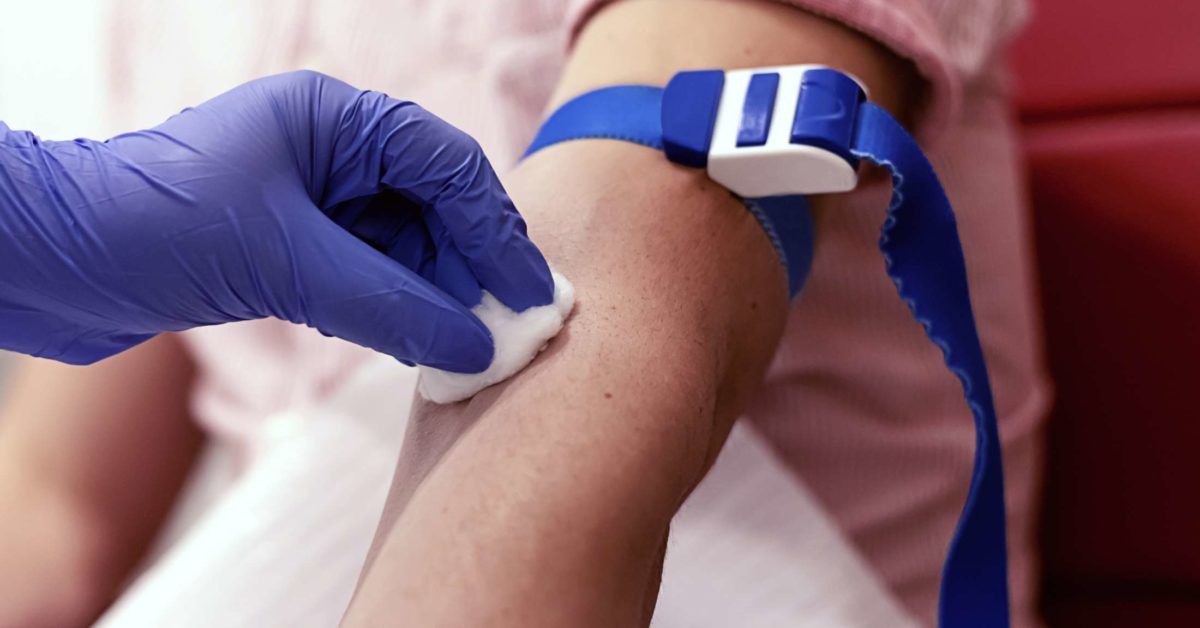JBlaza
Active Member
- Messages
- 41
- Location
- London
- Type of diabetes
- Type 1
- Treatment type
- Insulin
- Dislikes
- Cold weather, traffic fumes
Hi - I went for my regular consultant catch up today and was told I no longer meet the diagnostic criteria for Type 1. This is because my GADA was 557 and the criteria for being Type 1 is now over 700. Also my daily profile is apparently too smooth on my libre.
I was diagnosed 10 years ago and don't take a lot of insulin - 5+5 levemir and 1:10 novorapid ratio - and have had multiple discussions about being a slow burner. All that talk of the honeymoon period ending just never happened!
There is now talk of reclassifying me as Type 2 and stopping insulin. I am a bit overweight (27 BMI), aged 40, white, and have early fatty liver. When I was diagnosed I'd just run 3 marathons over 18 months and was a 'normal' BMI, but 2 children later.....! Stopping insulin would be great as I struggle with exercise lows unless it's first thing before breakfast, which means I have to take loads of gels to go for a run for example.
They are trying (again) to test me for MODY. They wouldn't run the test last year because apparently then the presence of ANY antibodies made you a Type 1 automatically.
I am somewhat surprised and don't know what to think.
Has anyone else experienced this?
I was diagnosed 10 years ago and don't take a lot of insulin - 5+5 levemir and 1:10 novorapid ratio - and have had multiple discussions about being a slow burner. All that talk of the honeymoon period ending just never happened!
There is now talk of reclassifying me as Type 2 and stopping insulin. I am a bit overweight (27 BMI), aged 40, white, and have early fatty liver. When I was diagnosed I'd just run 3 marathons over 18 months and was a 'normal' BMI, but 2 children later.....! Stopping insulin would be great as I struggle with exercise lows unless it's first thing before breakfast, which means I have to take loads of gels to go for a run for example.
They are trying (again) to test me for MODY. They wouldn't run the test last year because apparently then the presence of ANY antibodies made you a Type 1 automatically.
I am somewhat surprised and don't know what to think.
Has anyone else experienced this?


